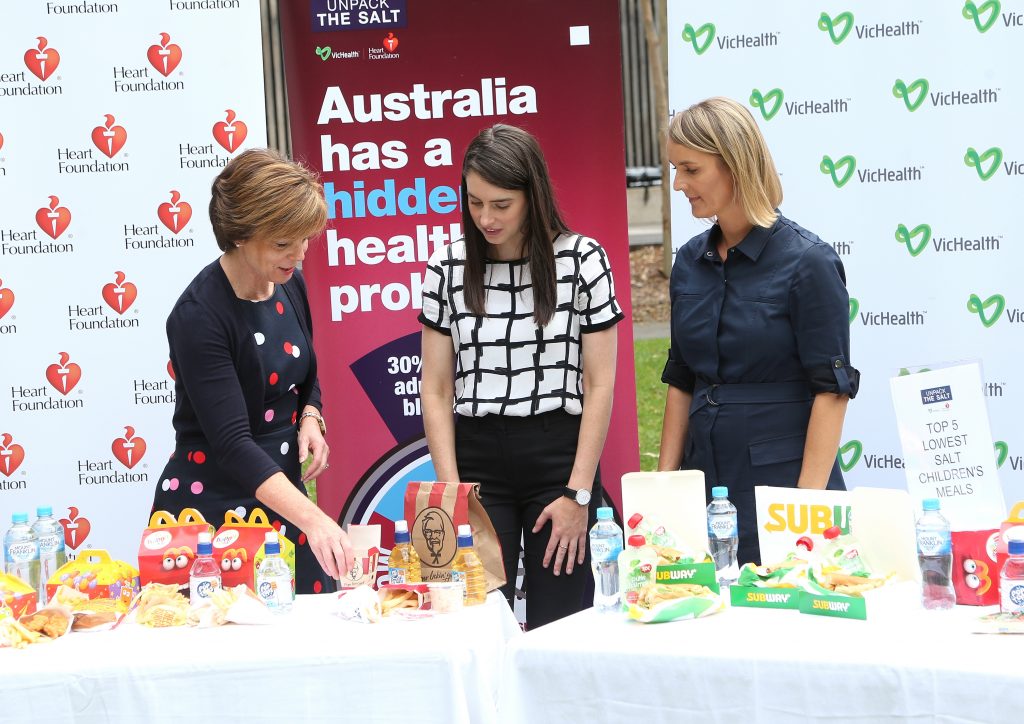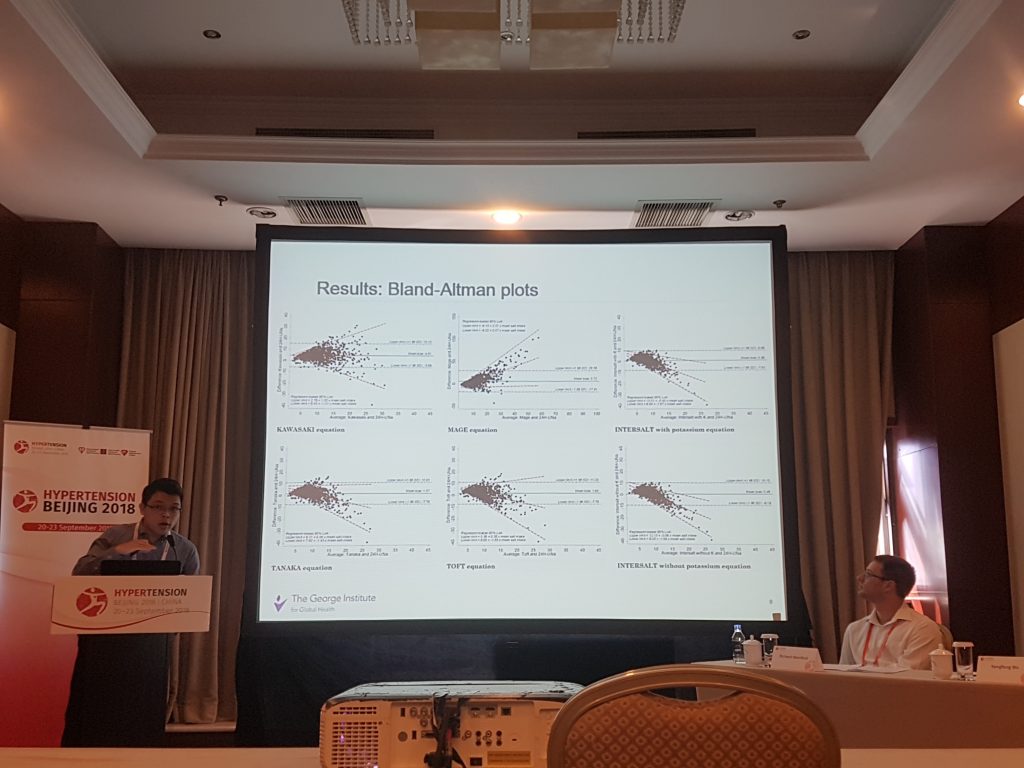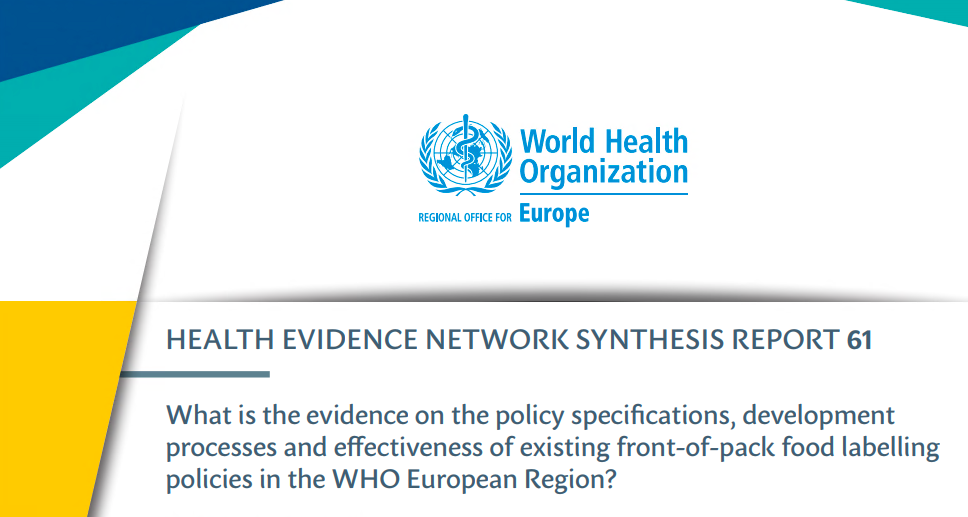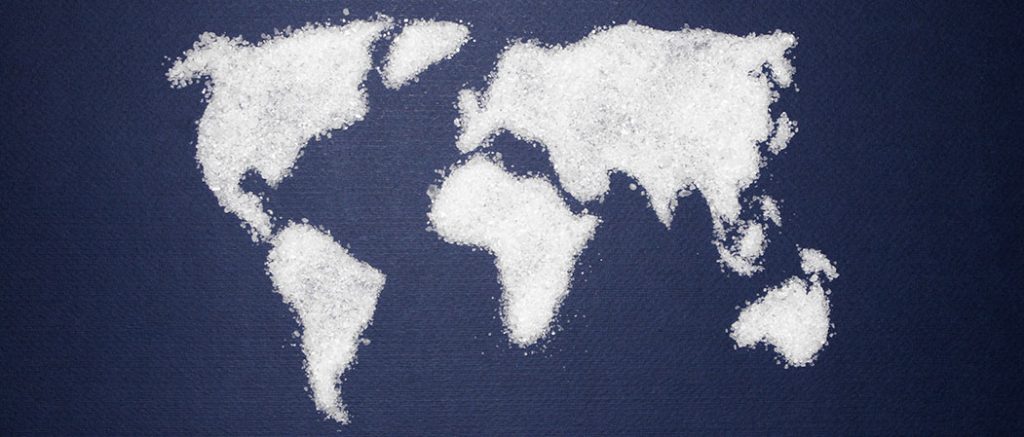It’s time for ACTION on salt – World Salt Awareness Week (WSAW), 4-10th March

The theme set by World Action on Salt and Health (WASH) for 2019 WSAW was ACTION. This theme emphasised the need to act given the unacceptably high burden of unnecessary ill health and death due to high salt intakes. WASH and supporters called for action from governments, food industry, health charities and non-governmental organisations, and […]
European Salt Action Network restates support for WHO goal of reducing salt intake to 5 g per day or less

The WHO European Salt Action Network (ESAN) released a statement in support of population approaches for salt reduction to prevent cardiovascular diseases. The statement was issued in light of recent publications that have created controversy by questioning the guideline set by the WHO towards a salt intake of 5g per day or less. The statement by […]
Presentations at the International Society of Hypertension in Beijing

Two PhD candidates from the WHO CC team recently presented their research at the 27th Scientific Meeting of the International Society of Hypertension in Beijing, China. Kathy Trieu presented findings on mean 24-hr urinary salt excretion in two regions of Kazakhstan. These populations had extremely high salt intakes, possibly the highest in the world. The […]
Australian consultation on targets: The George Institute response

The Australian Government has recently developed 36 draft voluntary food reformulation targets for sodium, sugar and saturated fat, and released them for public consultation. The George Institute for Global Health strongly supports nutrient reformulation as a public health measure to improve diets and population health and welcomed the opportunity to comment on the proposed targets. […]
Evidence-based, best practices of front-of-pack labelling (FOPL)

A recent report by WHO Europe has synthesized evidence on the specifications, development processes and effectiveness of FOPL policies in the WHO European Region. The report aims to support policy-makers in establishing and sustaining FOPL systems that maintain consistent and familiar labels, with a key strategy focusing on product unhealthfulness to steer consumers towards more […]
Action on Salt China

The prevalence of hypertension and stroke in China is among the highest in the world, making salt reduction a public health priority. Given this, the George Institute for Global Health and Queen Mary University of London have joined with Chinese health authorities including the Chinese Centre for Disease Control and Prevention, Chinese Centre for Health […]
Using dietary intake modelling to achieve population salt reduction- World Health Organisation Europe

The WHO Europe office have released a policy brief as a guiding document for countries to identify specific sources of salt in the diet, assessing the contribution to overall salt intake by a Salt Reduction Model. This process will allow countries to come up with targeted salt reduction interventions. The 5 steps to creating a […]
World Hypertension Day Promotion and Events

World Hypertension Day was on the 17th of May. A sample of promotion and events that took place are: Australia: “Because I Say So” video campaign For World Hypertension Day, The George Institute for Global Health, High Blood Pressure Research Council of Australia and the International Society of Hypertension have released a campaign video, […]
Cost savings and health gains estimated from achievement of the US Food and Drug Administration voluntary sodium reformulation targets

Pearson-Stuttard J et al recently published a paper in PLoS Medicine estimating the health and economic effects of the proposed US Food and Drug Administration (FDA) voluntary sodium reformulation. The US IMPACT Food Policy Model was used to estimate cost-effectiveness and health impact of three scenarios; 100% compliance with 10-year reformulation targets, 50% compliance with […]
Excessive levels of salt in bread- findings from a global survey

A new survey through the World Action on Salt and Health (WASH), Queen Mary University London, found excessive levels of salt in bread. Bread from 32 countries and regions were included in the survey, with over 2,000 bread products assessed including; white, wholemeal, mixed grain and flat breads. The saltiest bread was a Rosemary Foccacia […]